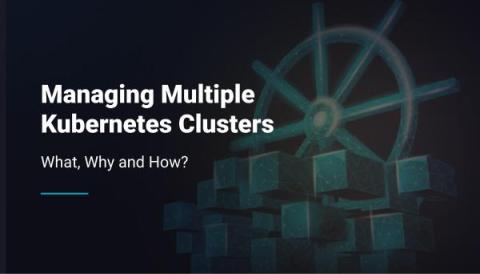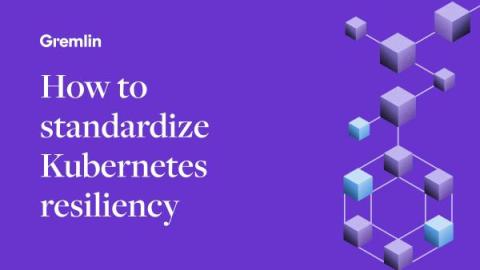Automating Quality Accelerating Testing Processes for Agile Development
software development, agility is key to success. Agile methodologies have revolutionized how teams approach projects, emphasizing collaboration, flexibility, and rapid iterations. However, this agility comes with its own set of challenges, particularly in ensuring high-quality software within tight timelines. This blog explores the crucial role of automation in accelerating testing processes to meet the demands of agile development.











